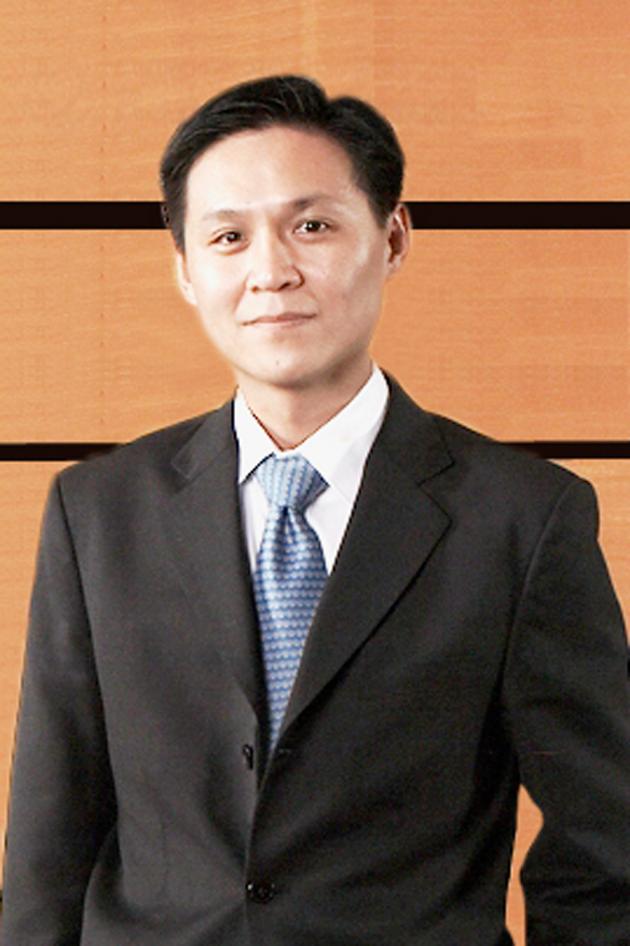The emergence of Chinese medical tourism

The words "Chinese" and "medical tourism" in the same sentence might look strange, but major efforts are underway to secure China a significant and growing share of this lucrative market.
Globally, medical tourism is booming. An estimated 6 million people travel internationally each year to seek medical treatment, with the sector estimated to be worth around US$100 billion in 2012, growing at an annual rate of 20-30 per cent.
Many medical professionals believe that China can be competitive globally, given its advantageous healthcare prices. Heart surgeries cost around one tenth of US prices while hip or knee replacements in Shanghai are more than 70 per cent cheaper than in the US.
Shanghai was among the first places in China to get serious about medical tourism. In June 2010, the Shanghai Medical Tourism Products and Promotion Platform was established with the support of local government agencies including health and tourism bureaus. The platform was soon able to bring together over 20 participating hospitals in the metropolis, handling patient inquiries online, helping contact hospitals that can offer the right treatment, and even arranging the entire trip. While it’s unclear how successful the initiative has been, the company that runs the platform cites around 100 inquiries a month, and says many patients from Argentina, for example, have been treated for cancer.
Shanghai East Hospital, located in the city’s financial centre, is one of the platform’s initiators. It treats about 50,000 foreign patients a year, although it’s uncertain how many of these have travelled to China for treatment. The platform’s websites list a dozen of wide-ranging treatments on offer, from cancer treatment to cosmetic surgery to fertility treatment.
Following Shanghai, Hainan Province in April this year published a plan to build a special zone for medical tourism, the first in the country. Some have also suggested that China promote its traditional Chinese medicine (TCM) to draw in medical tourists.
For example, Sanya TCM Hospital in Sanya, Hainan Province, has been promoting TCM therapies such as acupuncture, massage and cupping therapy to attract tourists. Since 2002, the hospital has received over 25,000 overseas patients, mainly from Russia and Central Asia. The programme has proven so popular that the hospital last year set up a travel agency to help expand its medical tourism business.
But it would be misleading to imply China is ready for primetime medical tourism. Experts say the country still has a long way to go before it can challenge the industry’s established leaders – particularly Thailand, India, South Korea and Singapore – which attract the bulk of the more than 60,000 Chinese who travel abroad for medical treatment each year. They caution that Chinese hospitals don’t quite measure up to “world class” standard yet, on aspects such as international patient communication and management, patient safety and security, partnerships and value of service. Another concern is that China is undergoing healthcare reform and one of its primary goals is to strengthen the non-profit status of public hospitals. Medical tourism, as a relatively high-end form of healthcare, might take away resources needed for the basic healthcare of the Chinese population.
Promoters of medical tourism, however, point to government regulations that allow public hospitals to set aside 10 per cent of their medical resources to VIP services. Some of these VIP service resources, as well as private and foreign investments, could be introduced to develop medical tourism.
Clearly, much depends on the Chinese government’s resolve and commitment to developing medical tourism, since building the industry to be truly internationally competitive would involve cooperation between a number of government agencies including health, tourism and immigration.
For the time being at least, Thailand’s position as Asia’s pre-eminent medical tourism destination is safe.
For more columns in this series please see www.bangkokbank.com
RELATED
